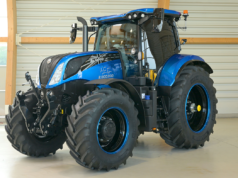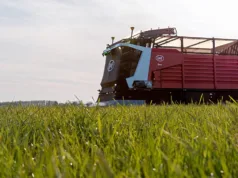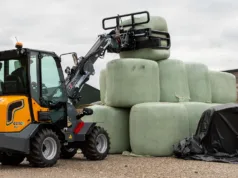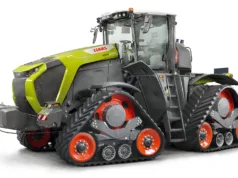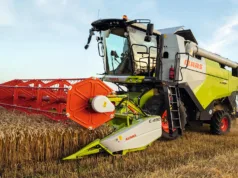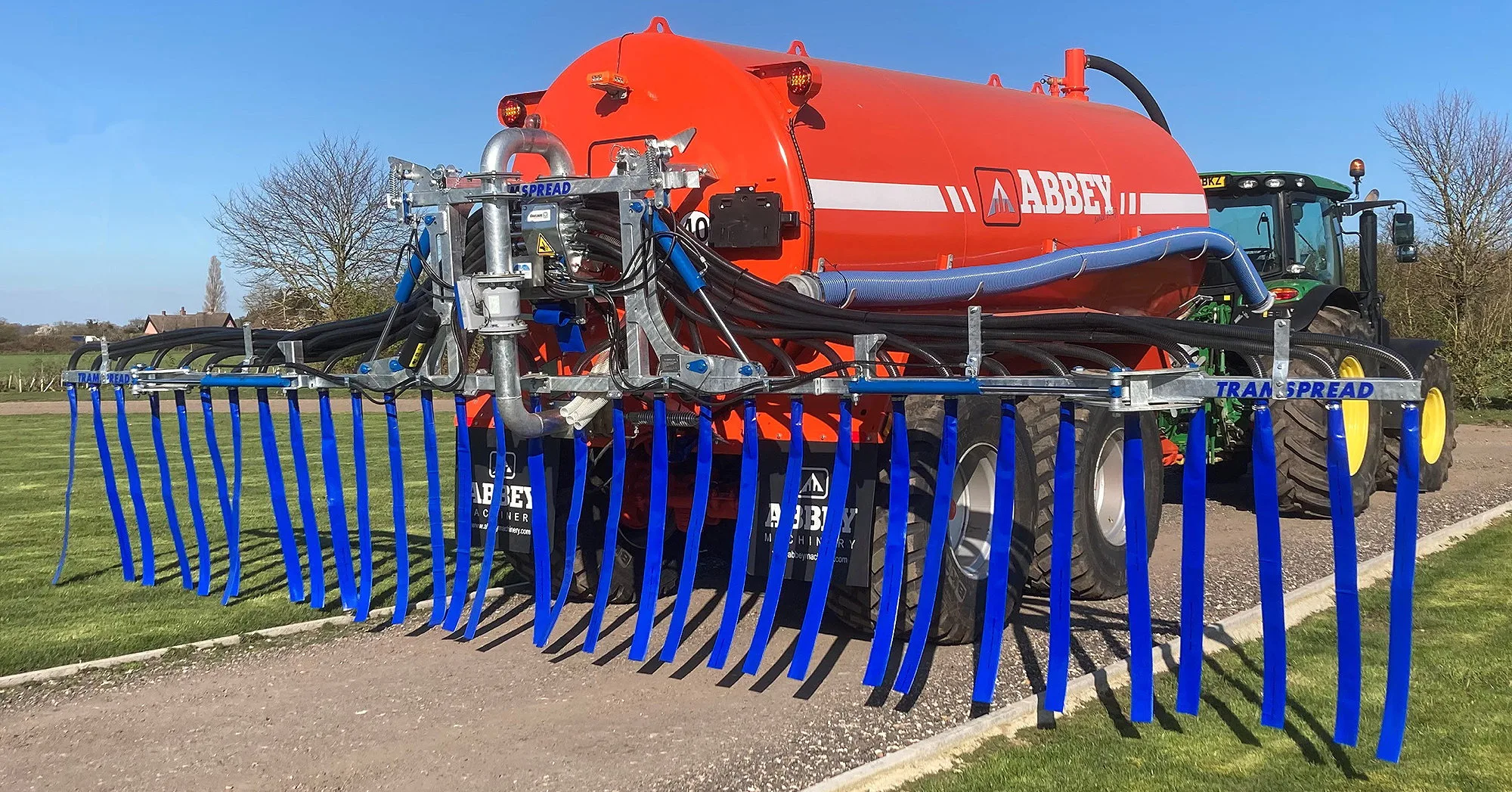
Slurry specialist Tramspread is working with farmers to help reduce the cost of complying with the UK Government’s Clean Air Strategy that will see splash plates banned in 2025.
“In less than two years there will be thousands of tankers left potentially redundant, having not been converted to work with a precision applicator to adhere to the splash-plate ban,” the company’s managing director, Terry Baker, said. “Tramspread has a universal method to retrofit dribble bar and trailing shoe applicators to tankers.”
Tramspread is able to retrofit its Suffolk range of dribble bar systems – with working widths of 6.0m to 10.5m – to most sizes and brands of tanker. The key is a clever four-point attachment that critically doesn’t mount to the door of the tanker.
“Rust can form around doors, and the hinges are often not secure enough to fit dribble bars to,” Mr Baker added. “By welding a four-point attachment to the body of the tanker, we provide new fixing points on the rear that the boom framework attaches to using telescopic arms.”
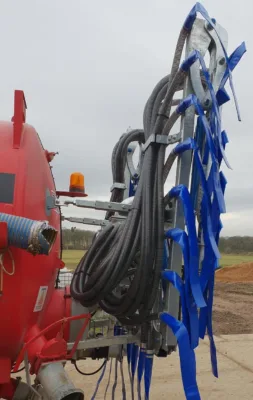
Around 88 per cent of ammonia (NH3) emissions in the UK come from agriculture. This occurs through open storage, but also through the use of splash plates. Nitrogen, in the form of ammonia, is lost from organic manure when it comes into contact with air, particularly on warm or windy days.
The 2025 splash-plate ban seeks to reduce this, and will be followed by a 2027 initiative for all slurry to be covered. Grant aid may be available to help farmers comply with this new clean air strategy.
“Many farmers and contractors have already embraced precision application as it improves overall nutrient management and has the potential to reduce reliance on manufactured fertiliser,” Mr Baker said. “However, for those who haven’t updated their applicator, there are grants available and retrofitting an old tanker is a cost-effective option that will help the farm comply with the ban.”




